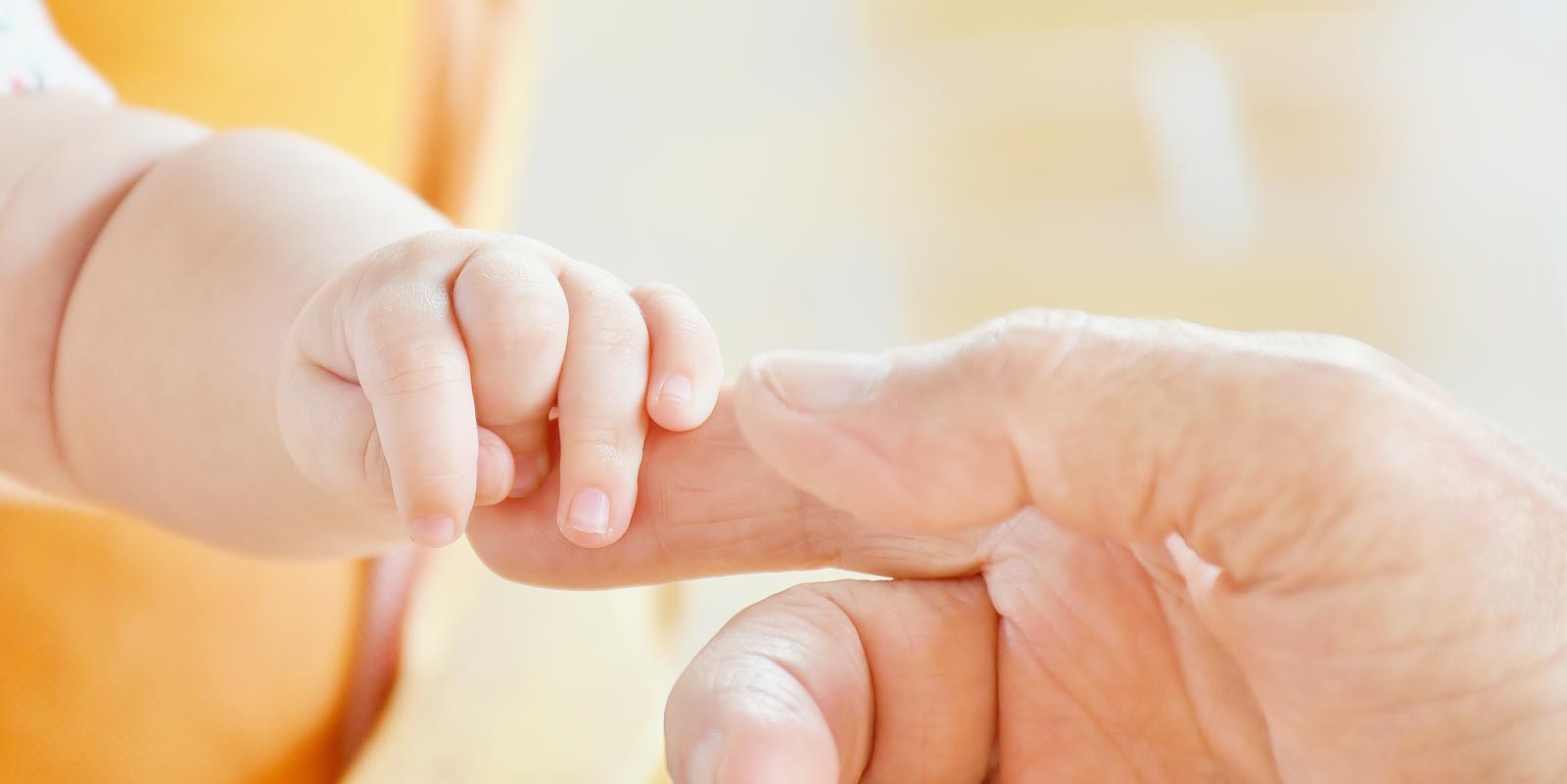
Fine motor movements use the small muscles in the hands and fingers. They often involve hand-eye coordination. When early childhood educators develop children's fine motor skills, they lay the foundation required for handwriting.
NQS and EYLF
All children need exercise to stay healthy and early childhood education programs need to support this with time, space and resources.
The National Quality Standard (NQS) requires childcare services to promote physical activity that is appropriate for each child (2.1.3).
The Early Years Learning Framework (EYLF) learning outcomes asks children to take increasing responsibility for their own physical learning, wellbeing (3.2), physical health and personal safety (3.3).
Learning experiences
Hold and manipulate
When educators think of fine motor learning experiences, they often think of activities that involve holding and manipulating objects (follow the link for specific learning experiences!).
Educators can encourage children to grasp and manipulate by providing them with a wide variety of processed materials and natural materials, especially if they have inspiring textures. Children will discover their own ways of interacting with interesting things.
Practice self-help skills
Self-help skills commonly involve the hands, like:
- feeding and drinking independently
- dressing
- washing hands
- applying sunscreen.
Sing action songs
Sing action songs and play children's games that involve hand gestures like clapping, pointing, waving and shaking.
Learn sign language
Teach children basic sign language as a fine motor skill.
